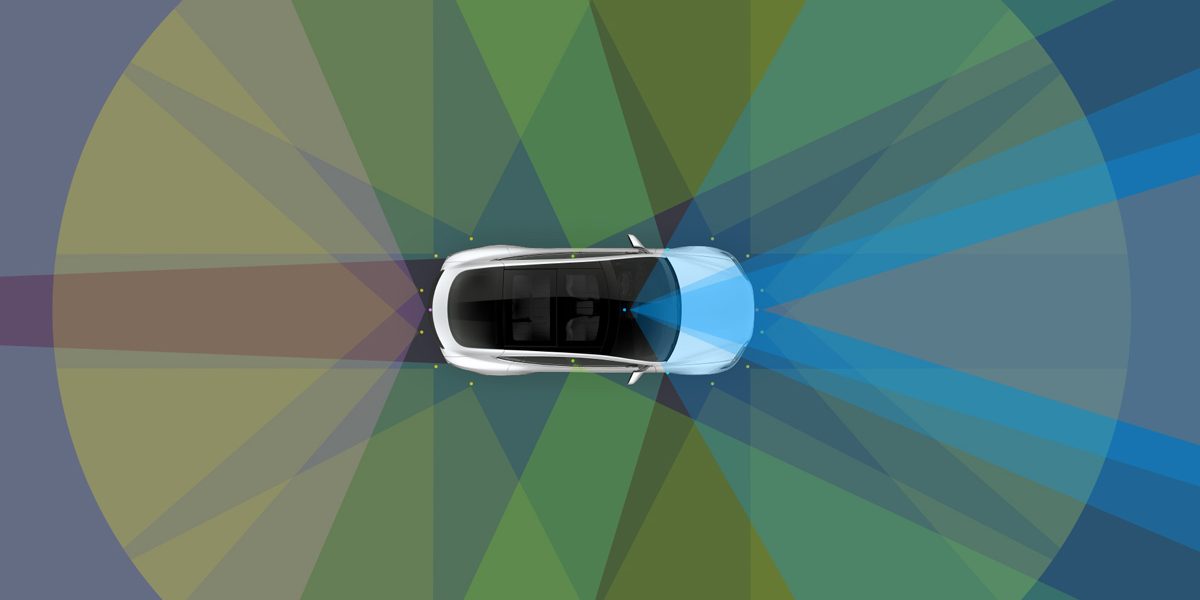
Tesla has released a new safety report claiming a slight improvement in miles between Autopilot crashes.
For years, Tesla used to release a “Vehicle safety report” that tracked miles between accidents in its vehicles based on the level of Autopilot used or not used and compared it to the industry average.
The automaker used the report to claim that its Autopilot technology resulted in a much safer driving experience and that its vehicles would crash much less often than the average car in the US even without Autopilot.
The data was always limited and criticized for not taking into account that accidents are more common on city roads and undivided roads than on the highways, where Autopilot is most commonly used.
But it was the only data that Tesla was willing to release about its Autopilot and therefore, it was still useful to track progress.
However, Tesla stopped reporting the data after Q4 2022 without explaining why and only started to release it again earlier this year.
Today, the automaker released its safety report for Q2 2024:
In the 2nd quarter, we recorded one crash for every 6.88 million miles driven in which drivers were using Autopilot technology. For drivers who were not using Autopilot technology, we recorded one crash for every 1.45 million miles driven. By comparison, the most recent data available from NHTSA and FHWA (from 2022) shows that in the United States there was an automobile crash approximately every 670,000 miles.
This is a decrease in miles between crashes quarter-over-quarter, but it is better to look at it year-over-year due to the fact accidents are more frequent depending on the season.
Year-over-year, Tesla is showing a slight improvement:

This data doesn’t include Full Self-Driving (FSD), although that has gotten murky lately since Tesla now uses the same software stacks with limited functionalities for Autopilot.
Due to the limitation of the data, it is only really worth comparing it against itself over time to see improvements.
When it comes to FSD, Tesla has always refused to release miles between disengagement data. Instead, we have to rely on crowdsourced data.
